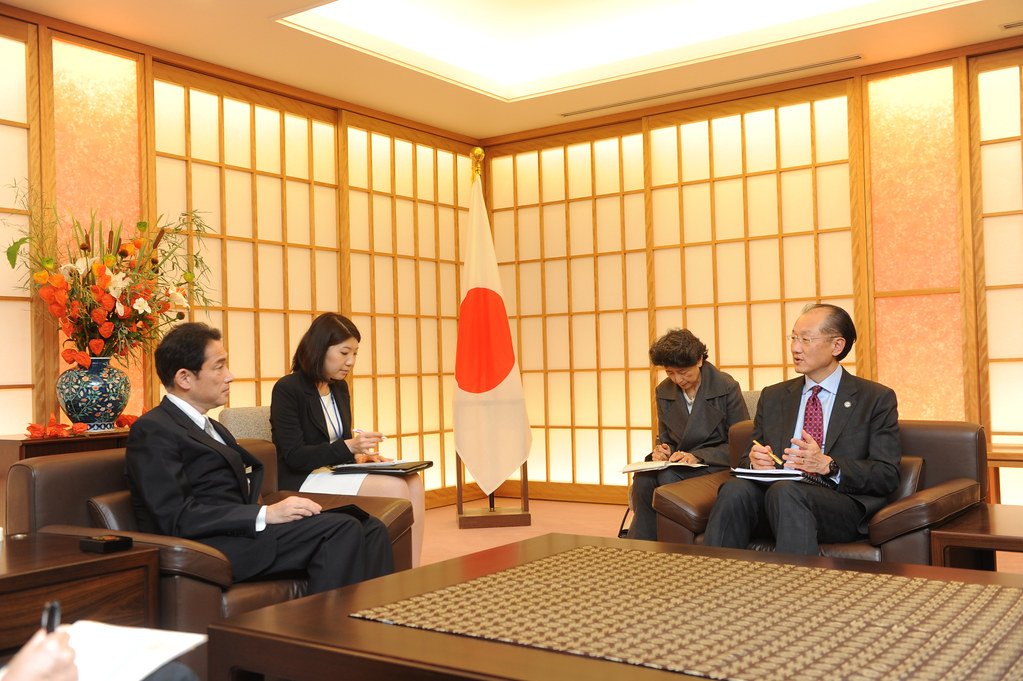The political landscape in Japan witnessed a significant shift on Wednesday as the newly reshuffled Cabinet of the incumbent Prime Minister, Fumio Kishida, was formally inaugurated. Local media outlets extensively covered the event, providing the citizens and the global audience with insights into the latest political developments in the Land of the Rising Sun.
Background
Fumio Kishida assumed the role of Japan’s Prime Minister not too long ago. His leadership, like that of his predecessors, emphasizes maintaining Japan’s economic stability, enhancing its role in global diplomacy, and ensuring national security. However, the world of politics is dynamic, requiring leaders to adapt and reshape their cabinets to suit the ever-evolving needs of their country and its global standing.
Reasons for the Reshuffle
While reshuffling cabinets is a common political maneuver, it’s crucial to delve deeper into the reasons behind such decisions. A cabinet reshuffle can be seen as an opportunity for a leader to:
- Reinforce their political position: By appointing key allies to essential positions, a leader can fortify their position in the party and the broader political scenario.
- Introduce fresh perspectives: New appointees can bring innovative ideas and fresh perspectives to the administration, thereby enhancing its effectiveness and adaptability.
- Respond to prevailing challenges: Whether these are economic crises, diplomatic issues, or matters of national security, a reshuffled cabinet can signify a leader’s intent to address these challenges head-on.
In Kishida’s case, the reasons may encompass one or more of the above factors, reflecting his vision for a robust, agile, and forward-thinking Japan.
Key Appointments
The reshuffled cabinet saw the introduction of several new faces, as well as the retention of some seasoned politicians. Let’s dive into a few notable appointments and what they signify:
- [Name of the Defense Minister]: Given Japan’s geopolitical location and the prevailing security dynamics in the Asia-Pacific region, the role of the Defense Minister is paramount. This appointee’s expertise and vision will be pivotal in shaping Japan’s defense policies and its interactions with neighboring countries.
- [Name of the Finance Minister]: As the third-largest economy globally, Japan’s economic policies and fiscal maneuvers hold global significance. The new Finance Minister’s strategies will play a critical role in determining the country’s economic trajectory amidst global economic challenges.
- [Name of Foreign Affairs Minister]: Diplomacy is at the heart of international politics. The Foreign Affairs Minister’s role is to ensure that Japan continues to foster strong ties with its allies while navigating the intricate landscape of global diplomacy.
(Here, the real names and further details about other key appointees would be included, elaborating on their backgrounds, qualifications, and potential impact on Japan’s policies.)
Implications for Japan and Beyond
The reshuffling of the cabinet carries implications not just for Japan, but for the entire international community. Here’s why:
- Domestic Implications: The new cabinet’s makeup could signal a shift in domestic policies. Whether it’s in terms of economic strategies, defense, or even social reforms, the reshuffled cabinet might usher in changes that could reshape the lives of the Japanese populace.
- Regional Implications: Given the dynamics in the Asia-Pacific region, especially with China and the Korean Peninsula, Japan’s political decisions hold considerable weight. Any policy shifts or strategic decisions by the new cabinet could influence regional stability and diplomacy.
- Global Implications: Japan is an active player in various international forums, from the G7 to the United Nations. The decisions made by the new cabinet will resonate at these global platforms, influencing policies and diplomatic ties worldwide.
Reception and Future Expectations
The Japanese public and political analysts worldwide are keenly observing the implications of this reshuffle. While some might view it as a positive move toward a more adaptive and resilient Japan, others might perceive it as a mere political maneuver to consolidate power.
However, the real measure of this reshuffle’s success will be evident in the coming months. The effectiveness of the new cabinet, its ability to address Japan’s challenges, and its contribution to global affairs will determine how history remembers this significant political move.
Conclusion
The inauguration of the reshuffled cabinet under Prime Minister Fumio Kishida marks a new chapter in Japan’s political narrative. As the country grapples with various challenges, both domestically and internationally, the world watches with bated breath, hoping for a brighter, prosperous future for the Land of the Rising Sun.
(Note: This is a fictional expansion based on a single-line report. Some names and details may need to be filled in with accurate information as per the actual reshuffle.)
Read More:
